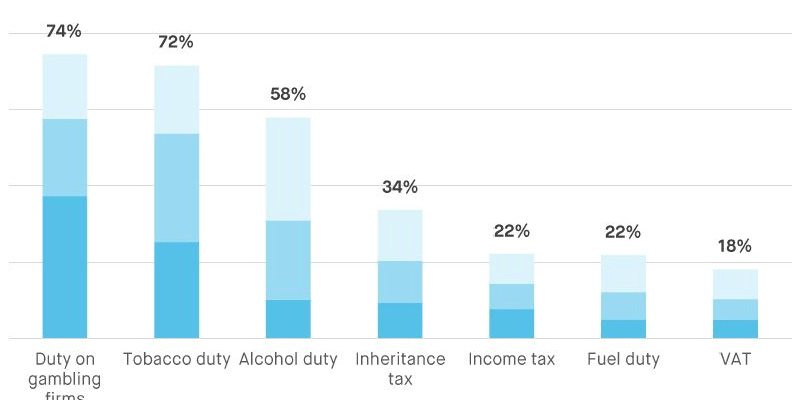Lottery Duty and Remote Gaming Duty are the two main contributors to this amount; the former accounts for 30% and the latter for 28%. Both duties, however, fell short of their respective prior-year totals, both in absolute terms and as a proportion of whole.
As noted by HRMC, the numbers from 2022 showed a great deal of variance from month to month, indicating both seasonal variation and a reduction in stability in the figures after the epidemic.
Revenues for each quarter are now more indicative of the whole, the statement stated, adding that monthly receipts have become more unpredictable since the 2020-21 fiscal year.
This led to a wide range of values for the figures. April alone brought in about £500 million, while the public coffers collected a meagre £93 million in September.
It is possible that broader tendencies in online gambling explain the decline in the sum registered for Remote Gaming Duty. Citing additional self-imposed consumer precautions in advance of the UK gambling white paper, blows to consumer spending, and unfavourable comparables, several significant operators reported reduced UK revenue totals in their Q2 financial reports.
There was an increase from the previous year at this time for these taxes, which include Machine Games Duty, Gaming Duty, and Bingo Duty. The fact that the COVID-19 pandemic did not close any retail betting venues or casinos during the six months in issue is probably to blame for this, as these establishments had previously been subject to closures or other restrictions. Revenue from these levies, however, is still significantly lower than it was before the outbreak.




























